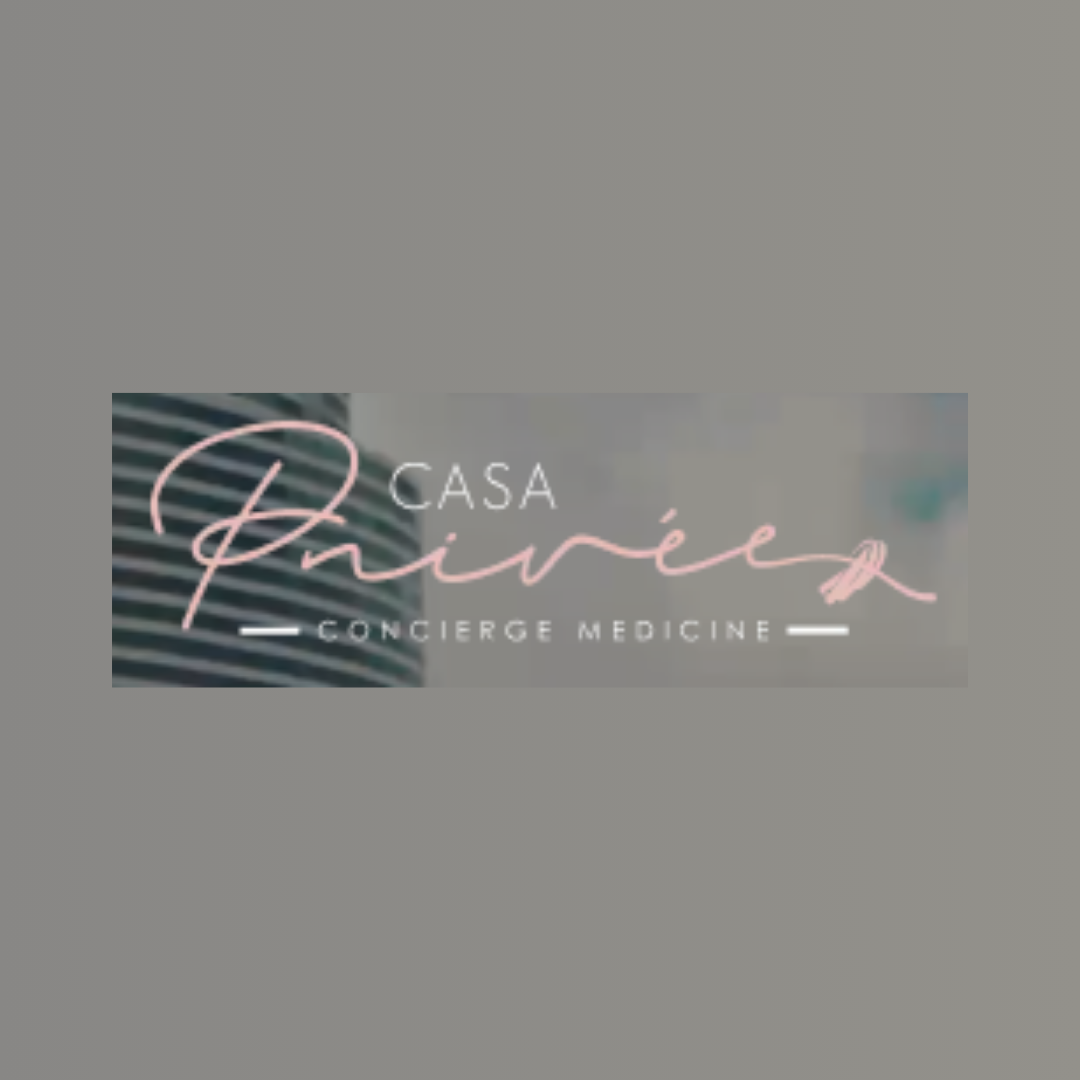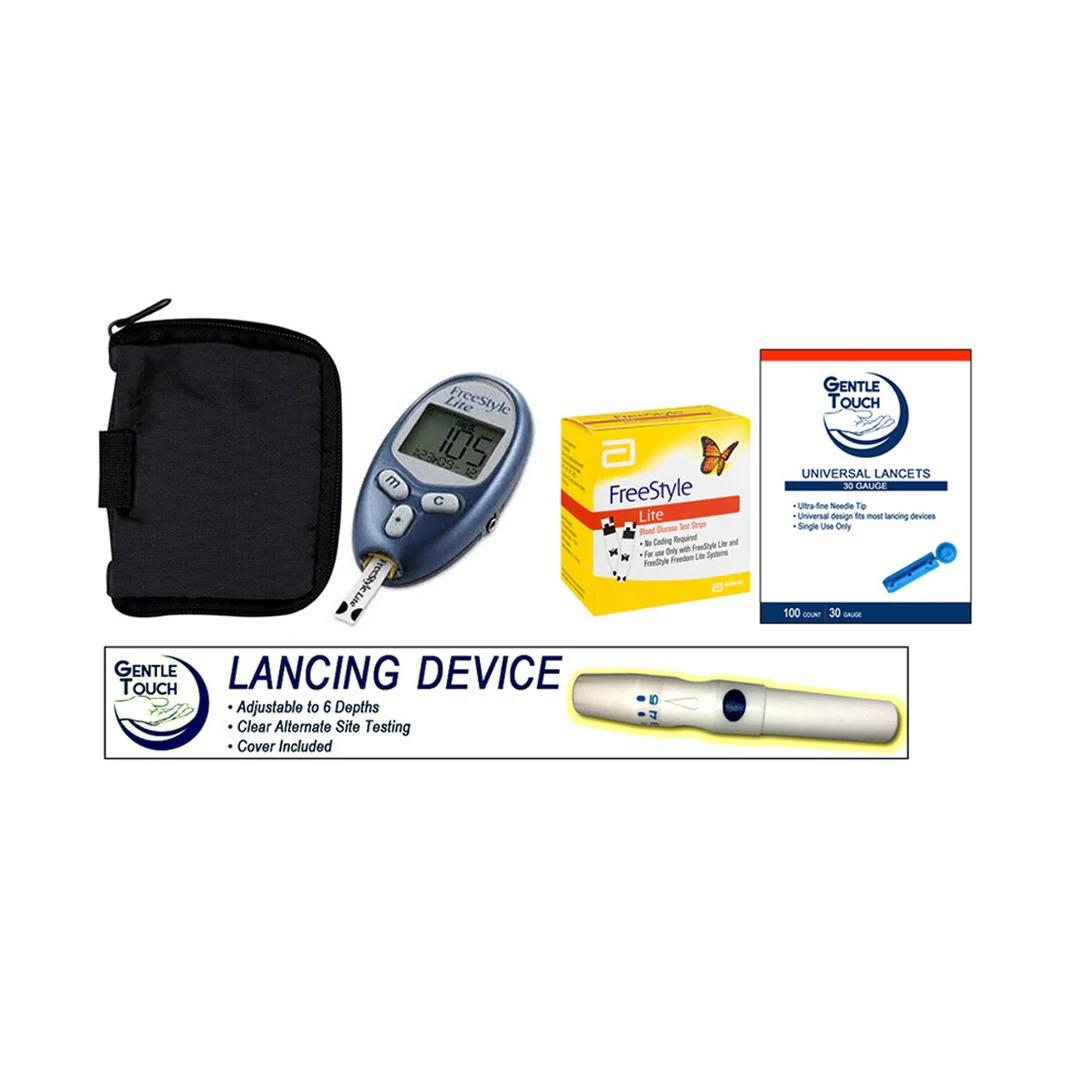Standard vs. Medically Supervised Detox: A Factual Comparison

Detoxification is the first phase of recovery, but not all detox methods are created equal. The process that marks the beginning of sobriety can either be the foundation for a strong recovery or a traumatic experience that deters future progress. The difference depends entirely on the clinical model being used. The experience can range from a dangerous, high-stress ordeal to a safe, medically managed procedure. Understanding the factual differences between a "standard" detox and a "concierge-level" medical detox is critical. This comparison highlights the clinical advantages of the approach used at premier centers like Casa Privee.
Standard detox often prioritizes one thing: separating the person from the substance. This can take place in a non-medical or "social" detox setting, or a basic clinical facility. These environments can be crowded, noisy, and high-stress. Medical supervision may be minimal or reactive, only intervening when a severe problem arises. For many individuals, this type of environment adds to the anxiety and discomfort already associated with withdrawal. The lack of personalized monitoring increases the risk of complications, particularly in alcohol detox, where sudden withdrawal can lead to seizures or cardiac issues. This model can be physically and emotionally grueling, and in the case of alcohol, it can be unsafe.
The reality is that standard detox programs often focus solely on short-term separation from substances rather than the person’s overall well-being. The experience is functional but impersonal, built around efficiency rather than individualized care. The result can be a process that, while technically completing the detox, leaves the individual exhausted, fearful, and unprepared for the next stage of treatment. For people who have already struggled with relapse or chronic substance dependence, this type of environment can feel punitive rather than healing.
A medically supervised, concierge-level detox, by contrast, is a comprehensive clinical procedure. It is designed to stabilize both the body and mind in a setting that prioritizes safety, privacy, and comfort. The primary differentiator is 24/7, proactive medical management in a private, low-stimulus environment. From the moment of admission, a medical team monitors vital signs and manages withdrawal symptoms with medication to keep the patient safe and comfortable. The proactive nature of this care means potential complications are addressed before they escalate. This is not just about comfort; it is about medical stability.
In this model, the environment itself plays a clinical role. A calm, private space reduces central nervous system stress, which can lessen the severity of withdrawal symptoms. The atmosphere is intentionally designed to support the body’s natural healing processes. By minimizing noise, crowding, and emotional chaos, a concierge-level setting allows the body to transition more gently out of dependency. This sense of calm and dignity can have measurable effects on blood pressure, heart rate, and cortisol levels—factors directly tied to withdrawal severity.
The medical protocols also differ significantly. A concierge-level detox often includes advanced support that extends well beyond symptom management. This means immediate nutritional therapy, often through IV infusion, to replenish the vitamins and minerals depleted by chronic alcohol use. Deficiencies in B vitamins, magnesium, and electrolytes are common in alcohol-dependent individuals, and restoring these levels helps reduce withdrawal intensity and supports brain function. This physical repair process starts immediately, which is a key difference. By restoring biochemical balance early, the patient’s body becomes more resilient and ready for the therapeutic work ahead.
When you are searching for an alcohol detox miami has many options, but the critical question to ask is about the ratio of medical staff to patients and the precise level of 24/7 supervision. These factors are the best indicators of how personalized and safe the detox experience will be. Programs that provide continuous physician oversight and individualized medication protocols are far more capable of managing withdrawal effectively and minimizing risks. At Casa Privee, the focus is on evidence-based care delivered with precision and compassion—ensuring that every moment of detox is monitored and adjusted according to the patient’s unique medical profile.
The difference also extends to how each model defines success. The standard model's goal is stabilization. It views detox as a necessary hurdle to clear before the “real” treatment begins. While stabilization is essential, stopping there leaves a significant gap. The concierge model's goal is to stabilize, comfort, and begin the healing process, all at once. This integrated view recognizes that detox is not just a physical process—it’s the first opportunity to start rebuilding trust between the body and mind.
In a medically supervised setting, the transition from detox to rehabilitation is seamless. Because the same medical team often oversees both phases, the understanding of the patient’s biology, psychology, and stress response carries forward into the next step. This continuity ensures that no critical details are lost and that care remains individualized and responsive. It also helps the patient feel safe, supported, and confident—three factors that greatly improve long-term engagement and outcomes.
It's a data-driven approach that recognizes that a safer, less traumatic first step creates a stronger foundation for the next phase of recovery. By removing unnecessary pain, fear, and risk, the concierge model eliminates one of the biggest psychological barriers to seeking help. People who experience detox as a calm, compassionate process are far more likely to continue with treatment and sustain recovery afterward. The science supports this: lower levels of early-stage stress correlate strongly with lower relapse rates in long-term studies.
Ultimately, the distinction between standard and medically supervised detox is more than a matter of comfort—it is a matter of clinical precision and safety. A high-quality detox program addresses both the physiological withdrawal and the psychological trauma of early recovery. By caring for the person rather than just the process, a concierge-level detox transforms what was once feared into the beginning of healing.
To learn more about the specific medical protocols for a medically supervised detox, you can explore the information provided by the specialists at Casa Privee. Find more information at https://www.casaprivee.com.





